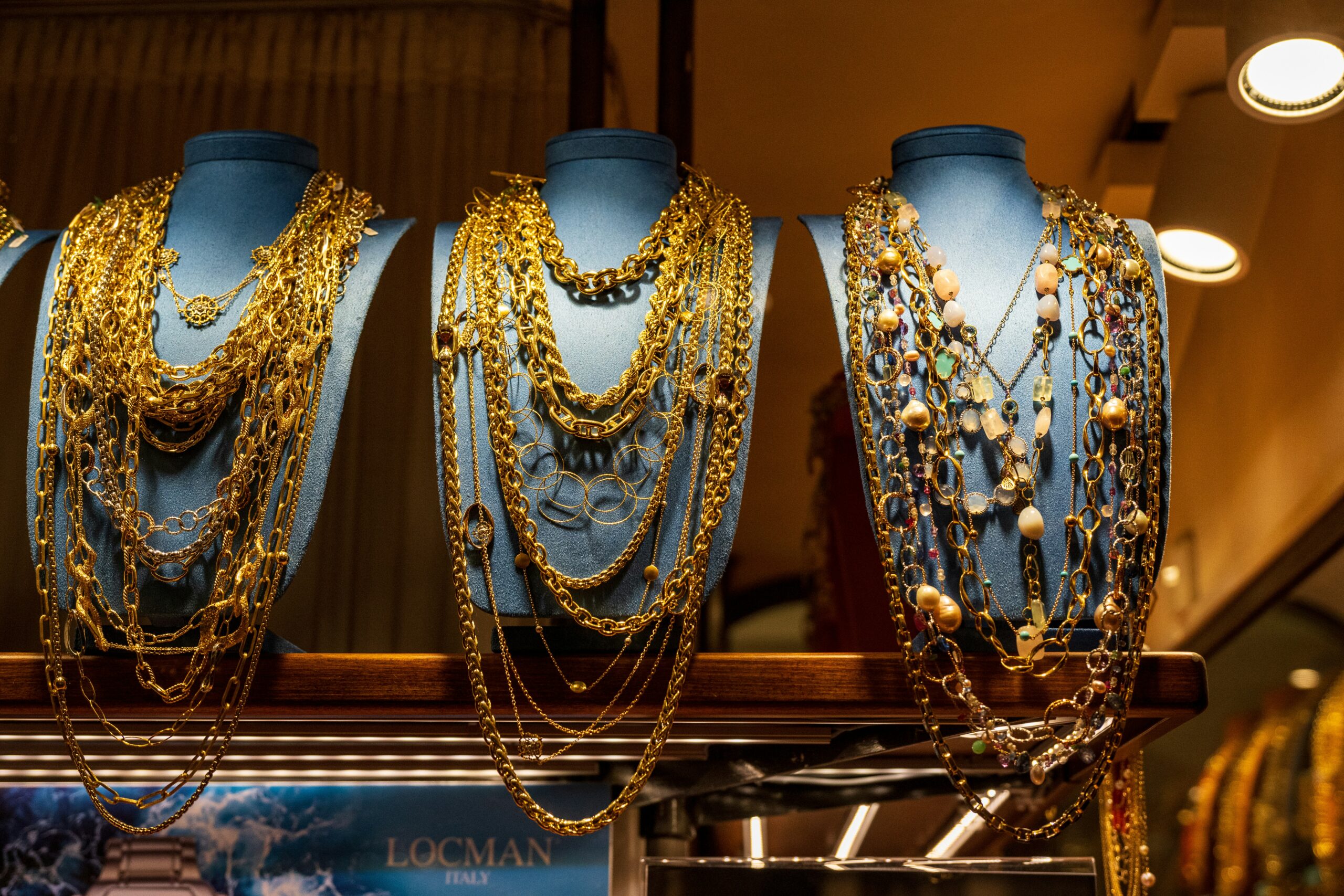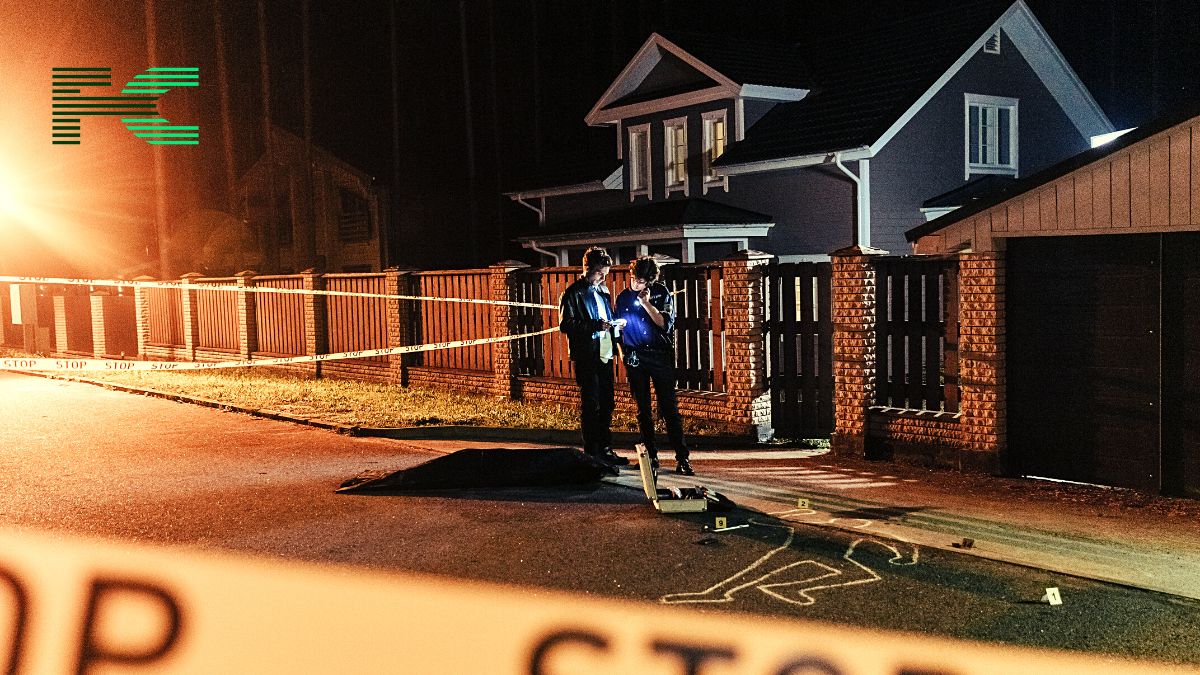In another blow to France’s cultural security, thieves have looted another museum, making off with 2,000 gold and silver coins just hours after the historic heist at the Louvre. The back-to-back robberies expose a devastating pattern of vulnerability, suggesting that the country’s most prized treasures are now seen as easy targets by criminal gangs.
The latest theft targeted the Maison des Lumières, a museum dedicated to philosopher Denis Diderot in Landres. Officials revealed the coins were selected with “great expertise,” indicating a sophisticated operation far removed from a simple smash-and-grab. This incident is part of a worsening crime wave that has seen millions of euros worth of art and artifacts stolen from French institutions in recent months.
The brazen global headlines generated by the Louvre heist have obscured a more profound national crisis. In a damning admission to French senators, the Louvre’s own director, Laurence des Cars, confessed that the museum’s security was critically deficient.

“We failed these jewels,” des Cars stated, revealing that the only CCTV camera covering the point of entry was pointing away from the break-in and that one in three rooms in the Louvre lacks surveillance entirely. Her testimony, coupled with a cyber-attack that disabled alarms at the Natural History Museum during a separate heist, paints a picture of institutions defenseless against “brutal criminals.”
Why It Matters
France is not merely experiencing a string of bad luck; it is reaping the consequences of chronic underinvestment and institutional complacency. The confession from the Louvre’s director that its security was “aging” and full of holes is an indictment of a system that took its cultural crown jewels for granted.
These are not “copycat” crimes like some pundits would have the public believe, but rather they are the predictable result of a market signal that France’s museums are soft targets. When a gang can use power tools to break into the world’s most famous museum in broad daylight without triggering a functional alarm, it invites every other criminal with ambition to try their luck. Until the government treats this not as a series of isolated thefts, but as a national security emergency, no museum and no treasure will be safe

















